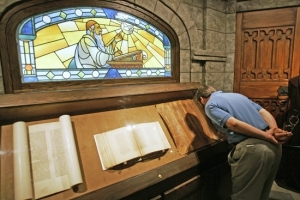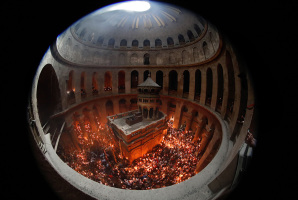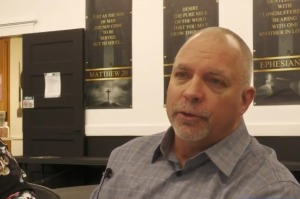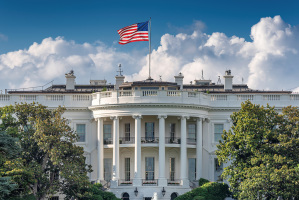The 'Roman' in Roman Catholic
Friend and neighbor Father Andrew Greeley, sociologist, novelist, and columnist, reminded me in a recent e-mail that he liked to be called a "Catholic," not a "Roman Catholic."
In his January 2nd Chicago Sun-Times column, he elaborates: "My crowd has been calling themselves 'Catholic' for 17 centuries. The adjective "Roman" added in the American context is a slur, sometimes unintentionally conveyed in the tone of the one using it. It hints that we are somehow foreign and perhaps subversive. It came into use when the 'publics' started to recite the Nicene Creed and their leaders had to explain that the 'one, holy, catholic and apostolic church' of the creed wasn't us." He then goes on to comment on how the media have allowed some "Evangelicals" to preempt the space once labeled "Christian."
There is no question that Protestant meanies in America once spit out variants such as "Roman" (without "Catholic") or "Romish" or "Romanist" or, worse, "Papist" or "Jesuitical," with purely pejorative intent. Turn over a plank and you may still find some creepy-crawly critters, anti-Catholic to the core, who speak or write that way.
But I would argue that today, "Roman" is used neutrally or even positively. First, it is not an "American" usage; as shown in almost all ecumenical documents involving Roman—oops!—Catholics with the World Council of Churches. There, "Roman Catholic Church" is standard, as it is when there is dealing with the distinct Eastern Catholic Churches. (There are also "Anglo-Catholics," and others who have some sort of identifier.) "Roman" also appears in some papal and conciliar documents issued from Rome. And we "publics" did not "start" using the Nicene Creed in recent America. "My crowd," Evangelical Lutherans, have recited, professed, and I hope lived the Nicene Creed with the "catholic" phrase in it for centuries.
Names are important, as I had to remind a friend who thought discussion of names was insignificant compared to cosmic events like " Iowa" and "New Hampshire." Wars start over pejorative and sometimes even innocently used labels. "Catholic" and "Roman Catholic" are not the only complexities these days.
More urgent, most urgent, is the task of dealing in a fair way with the many, many brands of Christians who get lumped together as "Evangelicals," especially in political discourse, where they get miscast simply as "the Christian right." More examples: Luther and Lutherans did not choose their name. None of us liked being label "ecclesial communities" instead of "churches" by Pope Benedict XVI, but we'll live with it. "Mainline Protestants" didn't and don't like their name, which is usually used pejoratively by non-Protestants, most of whom never liked and few ever use the accidentally applied term "Protestant" itself.
But hang around inter-faith and Christian ecumenical crowds and you will find that today "Roman" before the word "Catholic Church" is used mainly by its friends. You can tell by the tone, which is never condescending or motivated by suspicion of another crowd.
_______________________________________________
Martin E. Marty's biography, current projects, upcoming events, publications, and contact information can be found at www.illuminos.com.





























